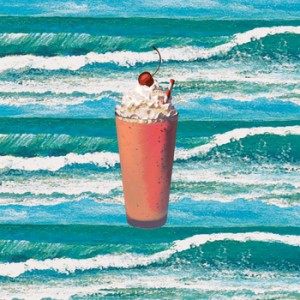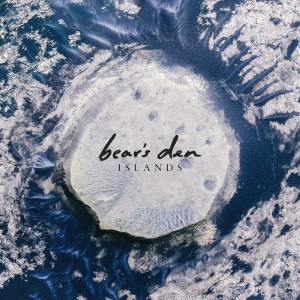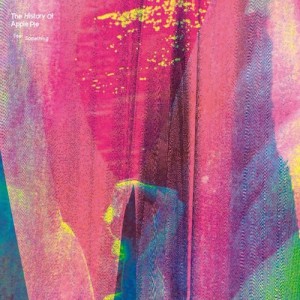The Twilight Sad – Nobody Wants to Be Here and Nobody Wants to Leave
The last we heard from Scottish indie rockers, The Twilight Sad, was No One Can Ever Know, back in 2012. While this was a little bit of a set back for the group that has brought you excellent albums like Forget the Night Ahead, they’ve got their chance once again to add to their growing discography as well as to your listening catalogues. Nobody Wants to Be Here and Nobody Wants to Leave, besides being a ridiculously long title for a record, is oddly fitting, describing the feeling of uncomfortable ease that a lot of the tracks touch on in their swirling darkness.
If you’ve never listened to any of this group’s previous works, you ought to know that this band has this powerful darkness that presents itself in various forms. Be it in the accented vocal strength of James Graham, the thick layers of gritty guitars, or the oft-crashing percussion—this band does dark indie-rock very well. The opening three tracks serve as an excellent beginning for The Twilight Sad, each one embarking on a different twist on the pleasant discomfort aforementioned earlier. First track “There’s a Girl in the Corner,” has the band starting slowly, as if to introduce themselves again to you, but there’s still Graham’s vocals spinning you a tale of some figure in the background while electric guitar spirals like smoke around the whole thing, which eventually leads to Graham belting earnestly.
Then you hit superstar track “Last January,” and you become completely enraptured: the slow swirl of the first track has been replaced with a quick paced number, fronted by the simmering drums which beg you to tap along to them. They reach the chorus, and there are these waves of softer synthesizer that just fall gently over the track, melting everything together, producing an audible emission of that feeling of uneasy comfort that’s so addictive to listen to.
Later on you get the deeper set tracks from this band, each number becomes grounded in itself and takes you further down the rabbit hole. While the first tracks really pulled you in, the last tracks hold you under. “Pills I Swallow” is a four-minute exercise in reserved power, with its multi-level vocals and the tinkling of delicate electronic elements. Then “Leave the House,” is the quietest this band gets; this stripped track has Graham’s rich Scottish voice in total control of the ballad before it switches from quiet to loud.
Like earlier records from The Twilight Sad, this one has every inclination of a grower—while there are those immediate tracks that get you first go-round the record player, the band gives you numbers where the energy is embedded and surfaces with further inspection. For their fourth full-length album, this group proves they’ve got more to give you and it happens to be pretty damn good.









